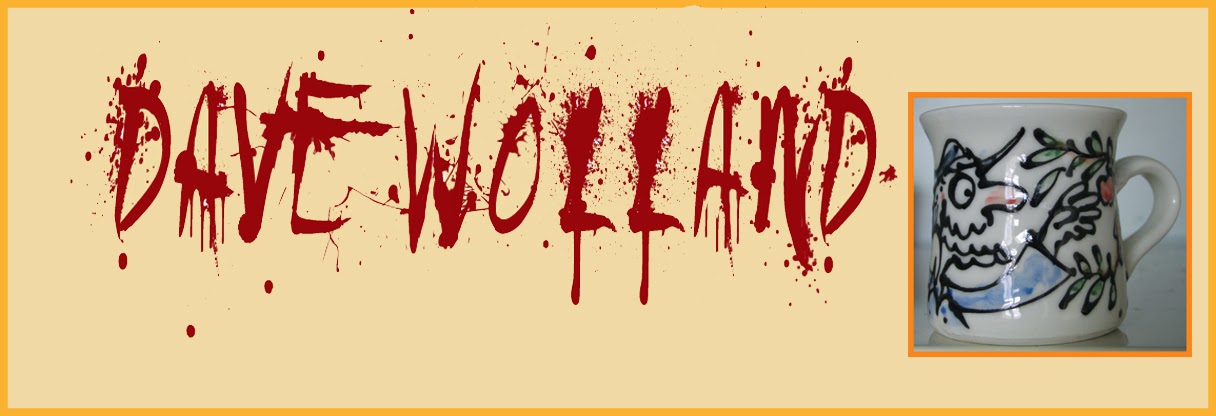
Museum Musings
The Kaipara and Whangarei districts might be close neighbours, but in some respects they are worlds apart. In my view, this can be seen most clearly in the way run their museums and how successful they are.
You would think that the Whangarei District Council, with much more income from rates, would have the best of everything. Sure enough, they do have a very fine library and some amazing parks and beaches, but when it comes to museums, the tables are turned and the Kaipara District wins hands down.
Kaipara museums are self funded and cost the ratepayer very little. The Whangarei museums, on the other hand, have been receiving bucket loads of rate payer funds and yet only manage to attract a tiny fraction of the huge amount of tourist traffic passing thru’ the city. Even locals don’t seem visit them often, so I find myself asking - what has gone wrong?
The most obvious reason appears to be their buildings and locations. The ‘Museum & Kiwi House’ (ex “Regional Museum”) occupies a leaky building on State Highway Fourteen, and well away from the CBD and tourist rich State Highway One. The Clapham’s Clock Museum is crammed into a small space that it shares with an information centre. It is struggling to utilise its potential by being away from the CBD and SH1. The Art Museum is also in an isolated situation and housed in an inappropriate building that is hard to access if you travel by a tourist bus. Being located in the shade of a large office block does not help its cause either.
I recently had the chance to discuss the plight of Whangarei’s museums with the mayor, Stan Semenof and Mark Simpson (CEO), in the mayor’s office at Forum North. I had some suggestions of my own that might help, but they made it quite clear that the conversion of the old Regional Council building (at the Town Basin) into a Hundertwasser inspired Art Museum would be the master stroke to get value from ratepayer funding of museums.
They showed very little interest in anything else and I can now see why their efforts and those made by the other Whangarei museums, are failing to get ASB Trust or Government support for their projects. To put it bluntly, the residents of Whangarei are failing to get their act together as a community to preserve and present to the world, their own cultural and material heritage.
The Kaipara museums obviously do not have this problem and it seems to me that this illustrates very clearly the old city and country differences that have been with us ever since the dawn of civilisation. It all boils down to a matter of quite different attitudes held on each side of the divide.
In the country, people learn to help one another out because they know that it is the mutual arrangement needed when community resources are few and stretched over a wide area. In urban areas, most residents learn to often expect someone else to help out – after all, “isn’t that what taxes and rates are all about,” I hear them say. Indeed they are, but as you can see, without strong and united community support, a lot of money can be wasted by bureaucrats.
Judging from the recent headlines in The Northern Advocate about sewerage being dumped in the harbour, Mayor Semenof has more urgent matters to attend to these days. Before he died, Hundertwasser designed a waste disposal plant in Austria that ran on its own energy. Perhaps one of his inspired designs could be used in a new sewage treatment plant here.
If Kawakawa can attract tourists to visit a Hundertwasser toilet, just imagine what an impact a monumental ‘Hundertwasser Toilet’ for the whole of Whangarei would have. In times when the council is not so flush with funds, this idea might be right on the button!













